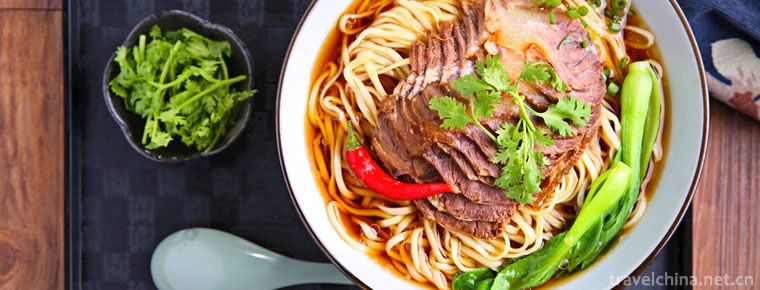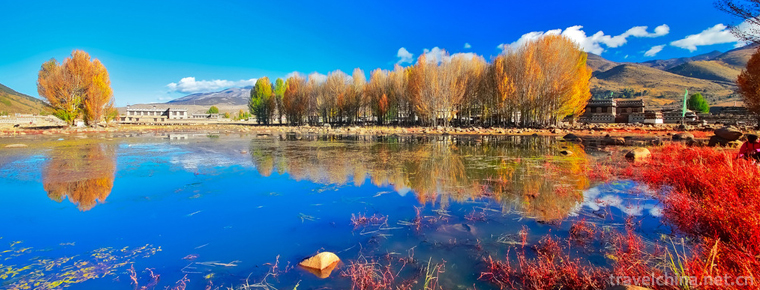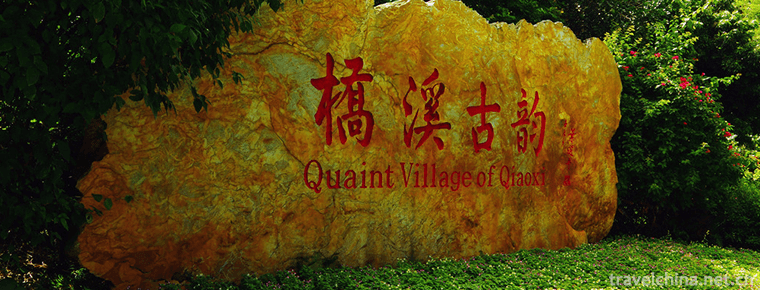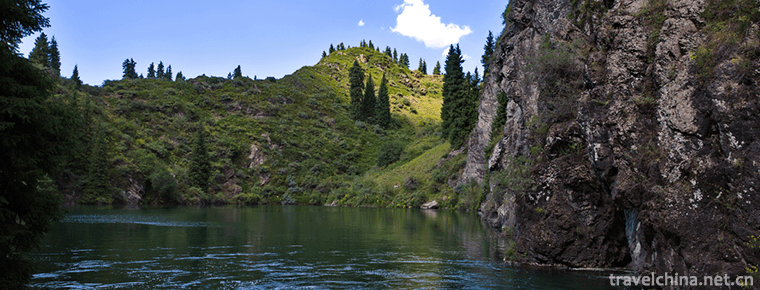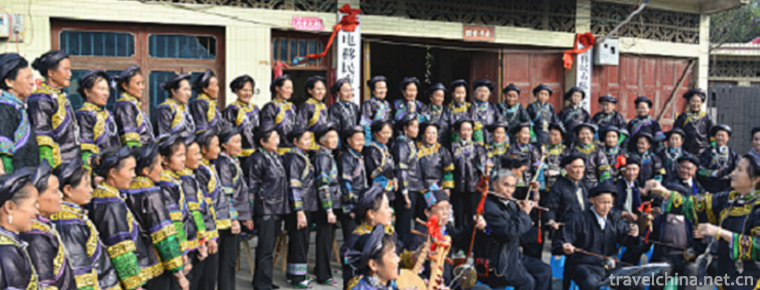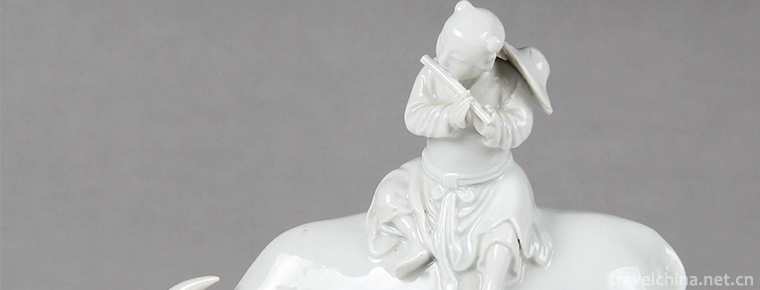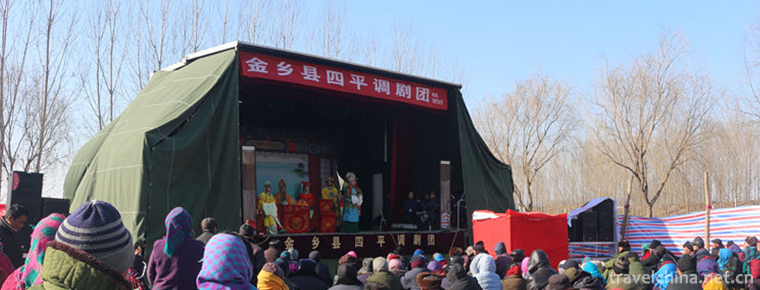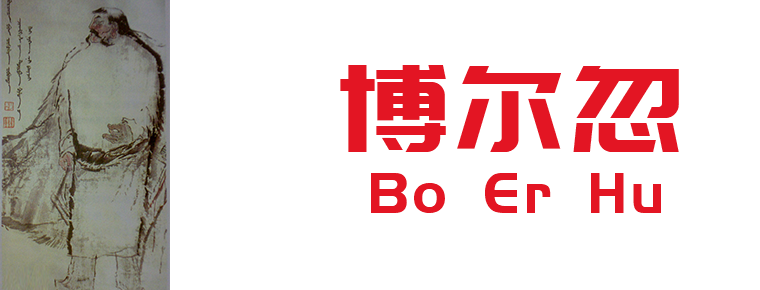Ah Xi Xian Ji
Ah Xi Xian Ji
"Xianji" is an epic of the Ashi people of the Yi tribe, which is spread orally among the Ashi people in the Xishan area of Maile City, Yunnan Province. "Xianji" is the transliteration of "sei ji" in the Ashi language, meaning "song", and is the general name of the poems and tunes of this work. The whole poem is divided into two parts. The first part, "the oldest time", describes the origin of the universe and the early customs of human life. The second part, "Men and women say that they are one family", narrates the unique marriage and customs of the Ashi people, which has the significance of inheritance.
In May 2011, the "A Xixianji" declared by Maile County of Yunnan Province was listed in the third batch of national intangible cultural heritage list with the approval of the State Council.
historical origin
The Creation Epic of the Axi people, a branch of the Yi nationality in China. It is spread in the Xishan area of Maile City, Yunnan Province. Sing in a fixed tone. Guang Wei-ran had been sorted out and published between 1943 and 1944. The title of the book is "A thin chicken (base)".
primary coverage
"Xianji" means a song or song in Ashi. The whole poem is divided into two parts. The first part, "the oldest time", describes the origin of the universe and the early customs of human life. The second part, "Men and women say that they are one family", narrates the unique marriage and customs of the Ashi people, which has the significance of inheritance.
There are a lot of materials about "pre-base". Different singers from different places have different choices in their singing.
Streamlining
In dealing with the differences in the statement of the same event and the description of the details, we should consider the epochal and national characteristics reflected in the epic, and pay attention to the use of the most ancient and national characteristics of the Asians.
Notice the difference between essence and dross.
The repetition and procrastination in some parts of the original poem are simplified.
The original poems are all five-character rhyme poems. The translated Chinese has formed long and short sentences. The language has been appropriately processed and rhymed as far as possible under the premise of expressing one's feelings and feelings.
There is no title in the original poem, and the title is added to the poem. Under each sub-title, the poem is divided into sections.
Basic structure
Introduction to Ahsien's Xianji
The oldest time
Creation of heaven and earth, creation of man
How do they live?
Generations in the Three Worlds
Quarter years, crops
Five houses, sacrifices to gods
Men and women say they are one family.
How sad I am
The road to a duet tune can't be broken
Three paved the way for love
Fourth, let's go up to the mountain.
Fifth, like the rainbow in the sky, life and death will never be separated
Six of us two ah! It's already a couple.
7. Planting crops on wasteland
Eight was dressed in linen
Nine goes out to sell workers
10 Home to Harvest Crops
11 Let our children grow crops
artistic characteristics
The content of traditional poems sung with "Xianji" is basically fixed and systematic, which constitutes a complete narrative poem. On the eve of liberation and after liberation, the Ashi people also sang many poems eulogizing revolutionary struggle and socialist construction by using the "pre-foundation". However, from the content and structure of the poems, they are other works, which have no organic connection with the ancient narrative poems.
Inheritance value
Long poems have a wide range of contents. They vividly and vividly reflect the different aspects of life of the Ahsi people in different stages from primitive society to class society. They are interwoven with myth and reality, and integrate ideals and facts. They are both literature and history. In 1959, a new edition of A Xianji was published.

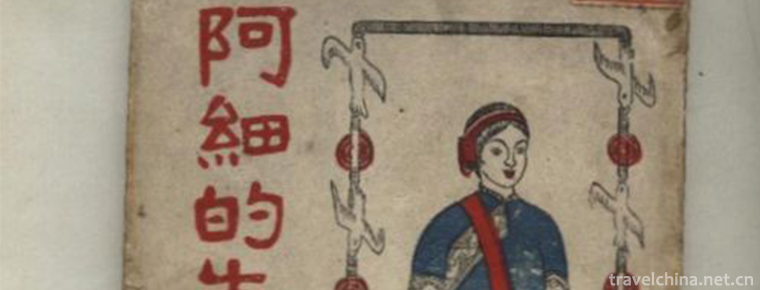
-
Beef noodle
Beef noodle is a common pasta. It is also a traditional food in Lanzhou.
Views: 286 Time 2018-10-12 -
Daocheng Yading County Ganzi Sichuan China
Aden Scenic Spot is located in Riwa Township, Daocheng County.
Views: 563 Time 2018-10-12 -
Yan Nanfei Tea Field Scenic Area
Yannan Fei Tea Field Resort, located in Yanyang Town, Meixian District, Meizhou City, is the first AAAA-level tourist attraction in eastern Guangdong Province, and has been upgraded to 5A-level touris.
Views: 170 Time 2018-12-12 -
Turtle peak Scenic Area
Guifeng Scenic Spot is located in the southwest of Yiyang County, Jiangxi Province, beside 320 National Highway, 311 Highway and Zhejiang-Jiangxi Railway. It is 10 kilometers away from Yiyang County a.
Views: 150 Time 2019-01-13 -
Xinjiang Tianshan
Tianshan Mountain in Xinjiang, the eastern part of the Tianshan Mountains, is also the main part of the Tianshan Mountains and the world natural heritage. Tianshan Mountain is one of the seven major m.
Views: 181 Time 2019-02-25 -
Brodo
Buyi Opera, a local traditional drama in Ceheng County, Guizhou Province, is one of the national intangible cultural heritage..
Views: 127 Time 2019-04-04 -
Sintering Techniques of Dehua Porcelain
Dehua ceramic firing technology is a traditional handicraft in Dehua, Fujian Province. Dehua ceramic production began in the Neolithic Age, flourished in the Tang and Song Dynasties.
Views: 159 Time 2019-04-26 -
Siping Tune
The Siping tune evolved from the flower drum in eastern Henan. After digging and sorting out, it absorbed the tunes of opera critics, Peking Opera, Henan Opera and so on. It gradually perfected and fo.
Views: 112 Time 2019-06-16 -
Bo Er Hu boroqul
Bolhoff also worked for polo, Boruun, Boluo, rohun, and so on. Mongolia state Senior general. Mongolia famous generals, Genghis Khan One of the four founding fathers. Picked up by the battlefield, by .
Views: 280 Time 2019-09-14 -
Capital Normal University
Capital Normal University (Capital Normal University), World class discipline construction universities , Ministry of Education of the People's Republic of China And Beijing Municipal People's Governm.
Views: 156 Time 2019-09-22 -
The position of Panzhihua
Panzhihua City is located at the junction of Sichuan and Yunnan in Southwest China, 26 ° 05 ′ - 27 ° 21 ′ N and 101 ° 08 ′ - 102 ° 15 ′ E. Jinsha River and Yalong River meet here. It borders Huili, Dechang and Yanyuan counties of Liangshan Yi Autonomous Prefecture.
Views: 363 Time 2020-12-14 -
Dazhou climate
Dazhou city belongs to subtropical humid monsoon climate type. Due to the complex topography, regional climate differences are large. The low mountains, hills and river valleys with an altitude of 800 meters have mild climate, warm winter, early sprin.
Views: 384 Time 2020-12-20
